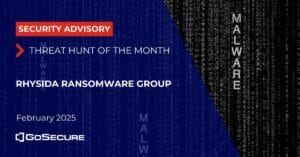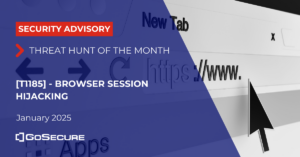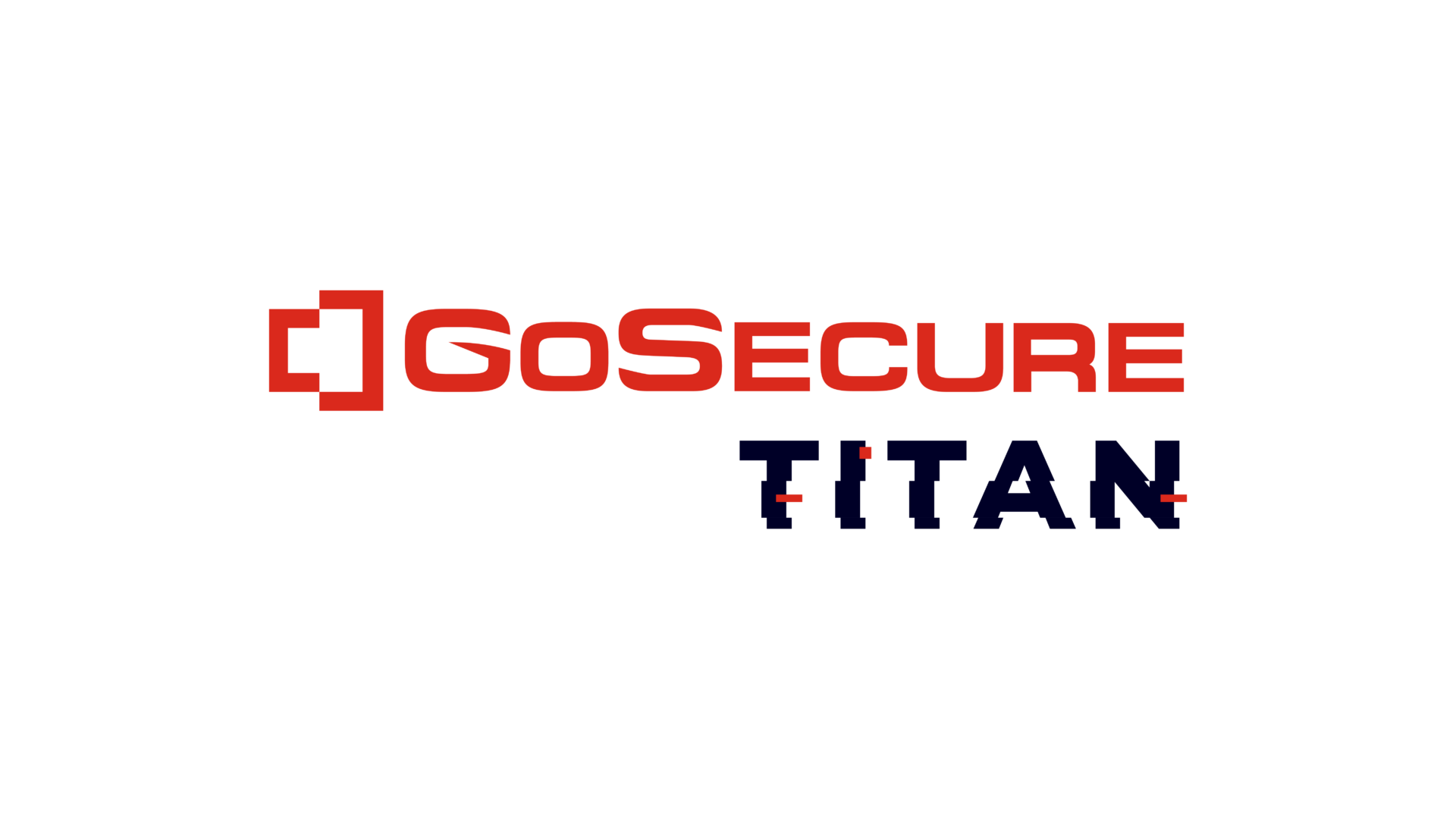Blogue GoSecure
Brèche de l’infonuage Oracle Cloud : une réponse stratégique à une menace sur la couche d’identité
 Le 21 mars 2025, des chercheurs en sécurité ont identifié un acteur malveillant, opérant sous l’alias rose87168, qui tentait de vendre plus de six millions d’enregistrements prétendument exfiltrés des services Single Sign-On (SSO) et LDAP de l’infonuage Oracle Cloud. Cette brèche est soupçonnée de provenir d’une vulnérabilité au sein de l’infrastructure de connexion de login.(region-name).oraclecloud.com.
Le 21 mars 2025, des chercheurs en sécurité ont identifié un acteur malveillant, opérant sous l’alias rose87168, qui tentait de vendre plus de six millions d’enregistrements prétendument exfiltrés des services Single Sign-On (SSO) et LDAP de l’infonuage Oracle Cloud. Cette brèche est soupçonnée de provenir d’une vulnérabilité au sein de l’infrastructure de connexion de login.(region-name).oraclecloud.com.
Talk To Your Malware – Integrating AI Capability in an Open-Source C2 Agent
 TL;DR
TL;DR
Introducing malware (implants) that uses AI to generate and execute code. Operators can now simply « talk » to their implants, and it will magically execute the requested instructions. For example, an operator could say: « Scan every user’s home folder and pack any office file under 2MB inside a single archive saved in C:/test/output.zip« , and the implant would obey.
This has several advantages:
Threat Hunt of the Month: Rhysida Ransomware Group Targeting VPNs and Search Engine Poisoning
 In February 2025, GoSecure Threat Hunters identified Rhysida, a ransomware group actively exploiting stolen VPN credentials and search engine poisoning to infiltrate corporate networks. Rhysida’s double-extortion tactics involve encrypting files while threatening to leak stolen sensitive data. The group has been observed delivering malware disguised as legitimate software, such as Microsoft Teams or Google Chrome, via poisoned search results. Once installed, the malware establishes persistence through scheduled tasks and executes via rundll32.exe, providing long-term access to compromised systems.
In February 2025, GoSecure Threat Hunters identified Rhysida, a ransomware group actively exploiting stolen VPN credentials and search engine poisoning to infiltrate corporate networks. Rhysida’s double-extortion tactics involve encrypting files while threatening to leak stolen sensitive data. The group has been observed delivering malware disguised as legitimate software, such as Microsoft Teams or Google Chrome, via poisoned search results. Once installed, the malware establishes persistence through scheduled tasks and executes via rundll32.exe, providing long-term access to compromised systems.
Unlocking the Full Potential of Microsoft Defender XDR with GoSecure
Organizations that rely on Microsoft Defender XDR (Extended Detection and Response) understand the importance of a comprehensive cybersecurity strategy. Microsoft's native security tools provide robust protection, but sophisticated threats require an added layer of...
Threat Hunt of the Month: Browser Session Hijacking via Malvertising
 In January 2025, GoSecure Threat Hunters identified a new browser hijacking campaign leveraging malware dubbed MEDIAARENA, which is being actively distributed via malvertising. This Windows-based malware uses valid code-signing certificates, time-based defense evasion, and persistence techniques to manipulate browser settings and steal sensitive session data. Once installed, it establishes persistence through scheduled tasks and exploits Chromium’s remote debugging feature to hijack an infected device’s browser, ultimately modifying search engine settings and redirecting user searches to attacker-controlled domains.
In January 2025, GoSecure Threat Hunters identified a new browser hijacking campaign leveraging malware dubbed MEDIAARENA, which is being actively distributed via malvertising. This Windows-based malware uses valid code-signing certificates, time-based defense evasion, and persistence techniques to manipulate browser settings and steal sensitive session data. Once installed, it establishes persistence through scheduled tasks and exploits Chromium’s remote debugging feature to hijack an infected device’s browser, ultimately modifying search engine settings and redirecting user searches to attacker-controlled domains.


CAS D'UTILISATION
Cyberrisques
Mesures de sécurité basées sur les risques
Sociétés de financement par capitaux propres
Prendre des décisions éclairées
Sécurité des données sensibles
Protéger les informations sensibles
Conformité en matière de cybersécurité
Respecter les obligations réglementaires
Cyberassurance
Une stratégie précieuse de gestion des risques
Rançongiciels
Combattre les rançongiciels grâce à une sécurité innovante
Attaques de type « zero-day »
Arrêter les exploits de type « zero-day » grâce à une protection avancée
Consolider, évoluer et prospérer
Prenez de l'avance et gagnez la course avec la Plateforme GoSecure TitanMC.
24/7 MXDR
Détection et réponse sur les terminaux GoSecure TitanMC (EDR)
Antivirus de nouvelle génération GoSecure TitanMC (NGAV)
Surveillance des événements liés aux informations de sécurité GoSecure TitanMC (SIEM)
Détection et réponse des boîtes de messagerie GoSecure TitanMC (IDR)
Intelligence GoSecure TitanMC
Notre SOC
Défense proactive, 24h/24, 7j/7